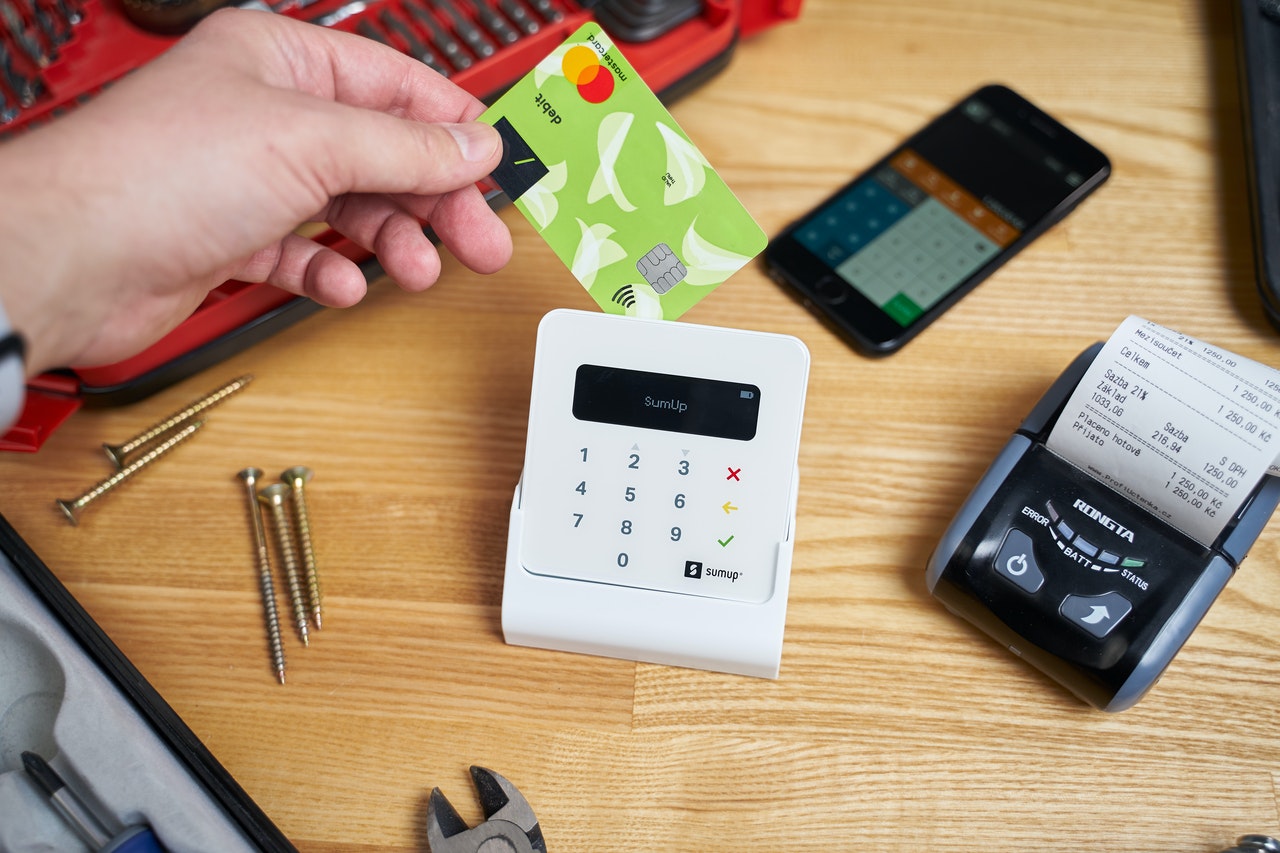5 Tips To Help You Deal With Credit Card Debt
Do you tend to be late in paying your credit card bills? Is your pile of notices from creditors getting higher and higher? Do you fear you might lose your properties because you can’t pay off your credit card debt?
Being in deep credit card debt is not a thing that can be easily brushed off or treated lightly. Anyone who’s been in this situation knows how terrible it feels. However, if you ever find yourself in deep credit card debt, there are things you can do to make your financial situation not worse than it already is.
Tip #1: Budget right away.
Don’t wait until you lose your house. As soon as you find yourself in a bad financial situation, make a budget right away. How much is your income? Does it cover your expenditures? Assess your situation and know which expenditures are vital and which are not. Do you really need to eat out three times a week? Do you truly need to have all the bells and whistles that come with your cellphone plan? Must you shop for clothes every week? Your budget needs to cover all your basic necessities: food, housing, clothes, basic utilities, and health-related costs.
Tip #2: Face your creditors.
Many deal with their creditors by avoiding them or running away from them. Dealing with creditors this way only leads to bigger and more serious problems. If you find yourself having a hard time paying off your debts on time, the best way to deal with it is to contact your creditors right away. Disclose to them your reasons for not being able to pay your debts and ask if they can come up with a revised payment arrangement. It’s important that you let your creditors know that, while you are in debt, you are very willing to pay it off. Face your creditors. Don’t let them reach a point where they pass your situation to a debt collection agency.
Tip #3: Deal with debt collectors.
The Fair Debt Collection Practices Act is a federal law clearly stating that debt collectors cannot bug you, give false assertions or do anything that is not fair when they are trying to collect money from you. Read and understand this federal know so you can properly address debt collectors.
Tip #4: Consider credit counseling to get tips on how to get out of credit card debt.
There are groups and institutions that offer credit counseling for those who need help with their financial problems. A good credit counseling organization can help you come up with an improved payment arrangement for your credit card debts. You can present this plan to your creditors for their approval.
Tip #5: File for bankruptcy.
Filing for personal bankruptcy is a last resort to fixing — and the legal way of addressing — your credit card debt. However, keep in mind that if you file for bankruptcy, it will remain in your financial information report for years. Thus, you may find it difficult to get additional credit, buy a house, or even get a job with a bankruptcy on your financial information report.




